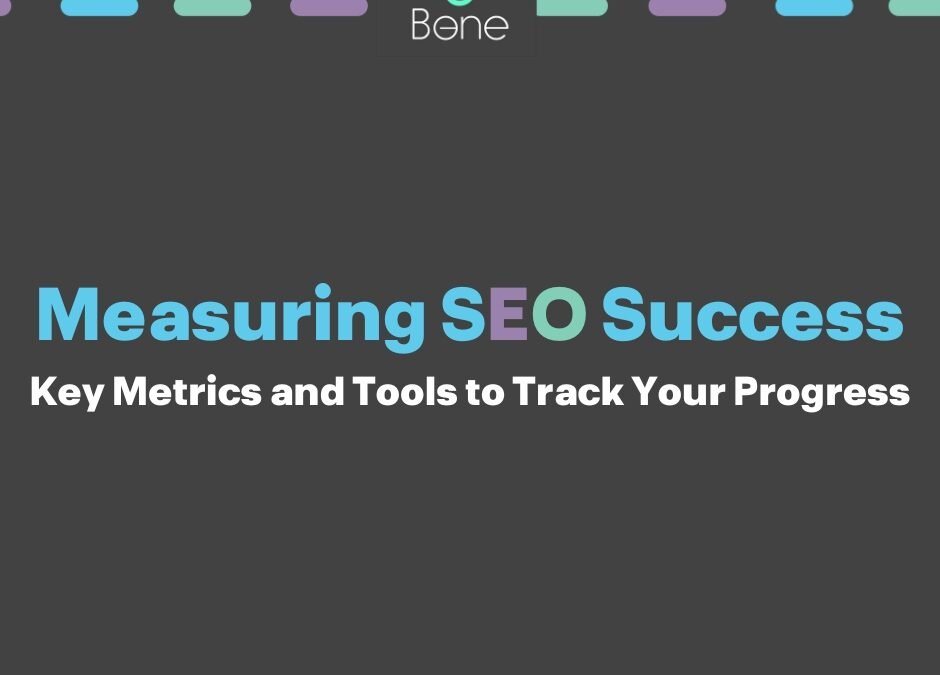Measuring SEO success is crucial for evaluating the effectiveness of your search engine optimization efforts and determining whether you’re achieving your goals. By tracking key metrics and utilizing appropriate tools, you can gain insights into the performance of your SEO strategies and make informed decisions to improve your website’s visibility in search engine results. Here are some essential metrics and tools to help you track your progress:
Organic Traffic: Organic traffic refers to the number of visitors who reach your website through unpaid, organic search results. It is a fundamental metric for measuring SEO success. Tools like Google Analytics and Google Search Console can provide detailed insights into your organic traffic, including the number of visitors, their behavior on your site, and the keywords that led them to your pages.
Keyword Rankings: Monitoring your keyword rankings helps you understand how well your website is performing in search engine results pages (SERPs). Tools such as SEMrush, Moz, or Ahrefs allow you to track your keyword positions over time, identify fluctuations, and assess your progress in optimizing your website for specific search terms.
Backlinks: Backlinks are links from other websites pointing to your site, and they are crucial for SEO. Tools like Ahrefs, Moz, or Majestic provide backlink analysis, allowing you to track the number and quality of backlinks, identify new opportunities, and monitor your link-building efforts.
Click-Through Rate (CTR): CTR is the percentage of users who click on your website’s link in the search results after seeing it. Higher CTR indicates that your content is appealing and relevant to searchers. You can find CTR data in Google Search Console or through various SEO tools.
Conversion Rate: The conversion rate measures the percentage of visitors who complete a desired action on your website, such as making a purchase, filling out a form, or subscribing to a newsletter. Google Analytics and other analytics platforms enable you to track conversions and attribute them to specific traffic sources, including organic search.
top marketing agencies in egypt
Bounce Rate: The bounce rate indicates the percentage of visitors who leave your website without engaging further. A high bounce rate may indicate that visitors did not find what they were looking for or that your site’s user experience needs improvement. Google Analytics provides bounce rate data, and you can analyze it for organic traffic specifically.
Page Load Speed: Page load speed affects user experience and SEO rankings. Tools like Google PageSpeed Insights or GTmetrix help you measure your website’s speed, identify performance bottlenecks, and provide recommendations for improvement.
Mobile Optimization: With the increasing use of mobile devices, it’s crucial to track how well your website performs on mobile. Google’s Mobile-Friendly Test and tools like MobileMoxie or BrowserStack can help you assess your mobile optimization efforts and identify areas for improvement.
By regularly monitoring these key metrics and utilizing appropriate tools, you can track your SEO progress, identify areas that require attention, and make data-driven decisions to enhance your website’s visibility and organic search performance.
Certainly! Understanding and tracking essential SEO metrics is crucial for measuring the success of your search engine optimization efforts. Here are the key metrics you should focus on and some recommended tools to monitor and analyze them effectively:
Organic Traffic:
Organic traffic refers to the number of visitors who find your website through unpaid, organic search engine results. It indicates the visibility and reach of your website in search engines. The primary tool to monitor organic traffic is Google Analytics. It provides detailed insights into the number of visitors, their behavior on your site, the sources of traffic, and the keywords that drive organic visits. Other tools like Google Search Console and Bing Webmaster Tools can also provide valuable organic traffic data.
SEO Specialist
Keyword Rankings:
Keyword rankings show the positions of your website’s pages in search engine results for specific search terms. Monitoring keyword rankings helps you assess your visibility and track your progress in optimizing your site for targeted keywords. Tools like SEMrush, Moz, Ahrefs, and Serpstat offer comprehensive keyword ranking tracking. These tools allow you to monitor keyword positions over time, track fluctuations, compare your rankings with competitors, and identify opportunities for improvement.
Backlinks:
Backlinks are links from other websites that point to your site. They play a vital role in SEO, as search engines consider them as a vote of confidence and authority for your content. Monitoring your backlinks helps you evaluate your link-building efforts and identify opportunities for growth. Tools like Ahrefs, Moz, Majestic, and SEMrush offer comprehensive backlink analysis. They provide data on the number of backlinks, their quality, anchor text, and referring domains.
Conversion Rates:
Conversion rate measures the percentage of visitors who complete a desired action on your website, such as making a purchase, filling out a form, or subscribing to a newsletter. It indicates the effectiveness of your website in generating meaningful actions. Google Analytics is an excellent tool to track conversions. You can set up goals and track conversions attributed to organic traffic. It provides insights into the conversion rate, conversion funnel, and other valuable conversion metrics.
Bounce Rate:
Bounce rate refers to the percentage of visitors who leave your website without interacting with it further. A high bounce rate may indicate a poor user experience or irrelevant content. Google Analytics offers bounce rate data, allowing you to assess the engagement of organic traffic specifically. You can analyze bounce rates for individual pages, identify areas that need improvement, and optimize your content and user experience accordingly.
Recommended Tools for SEO Monitoring and Analysis:
Google Analytics: Provides in-depth insights into website traffic, user behavior, conversions, and more.
Google Search Console: Offers data on organic search performance, indexing, crawl errors, and keyword rankings.
SEMrush: Provides comprehensive keyword research, rank tracking, backlink analysis, and competitor insights.
Moz: Offers keyword research, rank tracking, site auditing, backlink analysis, and on-page optimization tools.
Ahrefs: Provides extensive backlink analysis, keyword research, rank tracking, and content auditing capabilities.
Serpstat: Offers keyword research, rank tracking, backlink analysis, and site auditing features.
Majestic: Focuses on backlink analysis, offering insights into link profiles, anchor text, and referring domains.
By monitoring and analyzing these essential SEO metrics with the help of appropriate tools, you can gain valuable insights into the performance of your website, identify areas for improvement, and make data-driven decisions to enhance your SEO strategies.
SEO Agencies Near Me

